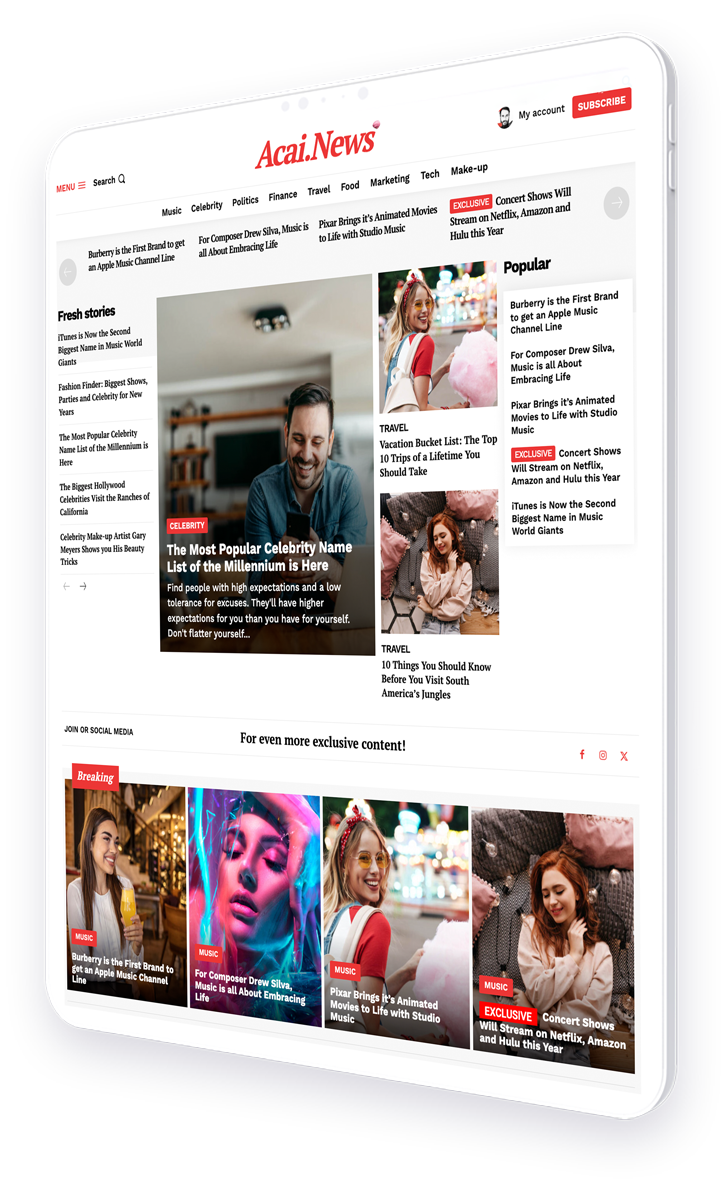How Digital Magazines Powered by AI Can Serve as Always-On Educational Hubs for Prospects
In today’s fast-paced digital world, businesses are constantly seeking innovative ways to engage with their customers and prospects. One such method that has gained significant traction is the use of corporate digital magazines. These magazines, when powered by artificial intelligence (AI), can serve as dynamic, always-on educational hubs that provide valuable insights and information to prospects. This article explores the role of AI in automating customer education through corporate magazines, highlighting the benefits, challenges, and future prospects of this approach.
The Rise of Digital Magazines in Corporate Communication
Corporate magazines have long been a staple in business communication, offering a platform for companies to share their stories, insights, and expertise. However, the traditional print format has its limitations, particularly in terms of reach and engagement. With the advent of digital technology, corporate magazines have evolved into interactive, multimedia-rich platforms that can be accessed anytime, anywhere.
Digital magazines offer several advantages over their print counterparts:
- Wider Reach: Digital magazines can be distributed globally, reaching a broader audience without the constraints of physical distribution.
- Interactive Content: Incorporating multimedia elements such as videos, animations, and interactive graphics enhances reader engagement.
- Real-Time Updates: Content can be updated in real-time, ensuring that readers always have access to the latest information.
- Data Analytics: Digital platforms provide valuable insights into reader behavior, allowing companies to tailor content to their audience’s preferences.
The Role of AI in Enhancing Digital Magazines
Artificial intelligence has the potential to revolutionize the way digital magazines are created, distributed, and consumed. By leveraging AI technologies, companies can automate various aspects of customer education, making it more efficient and effective.
Content Personalization
One of the most significant benefits of AI in digital magazines is its ability to personalize content for individual readers. AI algorithms can analyze reader data, such as browsing history and preferences, to deliver tailored content that resonates with each user. This level of personalization enhances the reader experience and increases engagement.
Automated Content Creation
AI-powered tools can assist in the creation of content by generating articles, summaries, and even multimedia elements. This automation not only saves time and resources but also ensures a consistent flow of high-quality content. For instance, AI can generate data-driven insights and reports, providing readers with valuable information without the need for manual research.
Enhanced User Experience
AI can also improve the overall user experience by optimizing the magazine’s layout and design. Machine learning algorithms can analyze user interactions to determine the most effective design elements, ensuring that the magazine is visually appealing and easy to navigate.
Case Studies: Successful Implementation of AI in Digital Magazines
Several companies have successfully integrated AI into their digital magazines, reaping the benefits of enhanced customer education and engagement.
Case Study 1: IBM’s THINK Magazine
IBM’s THINK Magazine is a prime example of how AI can be used to create a personalized reading experience. The magazine uses AI algorithms to analyze reader preferences and deliver customized content recommendations. This approach has resulted in increased reader engagement and a more personalized user experience.
Case Study 2: Adobe’s CMO.com
Adobe’s CMO.com leverages AI to automate content curation and distribution. The platform uses machine learning to identify trending topics and deliver relevant content to its audience. This automation has allowed Adobe to maintain a steady flow of high-quality content, keeping readers informed and engaged.
Challenges and Considerations
While the benefits of AI-powered digital magazines are clear, there are also challenges and considerations that companies must address.
Data Privacy and Security
With the increased use of AI and data analytics, companies must ensure that they are handling customer data responsibly. Data privacy and security are paramount, and businesses must comply with regulations such as GDPR to protect user information.
Content Quality and Authenticity
While AI can automate content creation, it is essential to maintain the quality and authenticity of the content. Companies must ensure that AI-generated content aligns with their brand voice and values.
Integration with Existing Systems
Integrating AI into existing digital magazine platforms can be complex and may require significant investment in technology and infrastructure. Companies must carefully plan and execute the integration process to ensure a seamless transition.
The Future of AI-Powered Digital Magazines
The future of AI-powered digital magazines is promising, with several trends and developments on the horizon.
Increased Use of Natural Language Processing (NLP)
Natural Language Processing (NLP) is expected to play a more significant role in digital magazines, enabling more sophisticated content analysis and generation. NLP can help create more engaging and contextually relevant content, further enhancing the reader experience.
Integration with Other AI Technologies
As AI technologies continue to evolve, digital magazines will likely integrate with other AI-driven tools, such as chatbots and virtual assistants. This integration will provide readers with a more interactive and personalized experience.
Expansion into New Industries
While digital magazines are currently popular in industries such as technology and marketing, their use is expected to expand into other sectors, including healthcare, finance, and education. This expansion will open up new opportunities for companies to engage with their audiences.
Conclusion
In conclusion, AI-powered digital magazines offer a powerful tool for automating customer education and engagement. By leveraging AI technologies, companies can create personalized, interactive, and always-on educational hubs that provide valuable insights to prospects. While there are challenges to consider, the benefits of AI in digital magazines are clear, and the future holds exciting possibilities for further innovation and growth.
For more information on the role of AI in digital publishing, you can visit Forbes.




